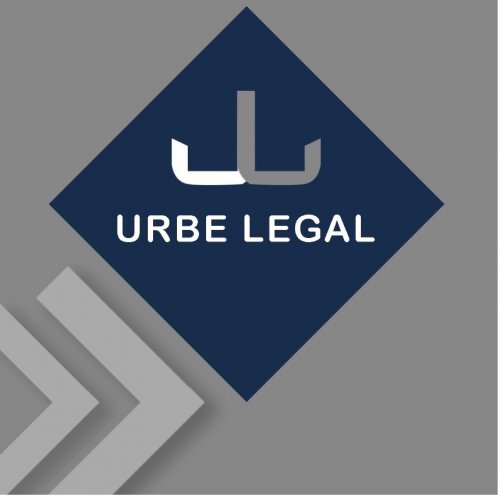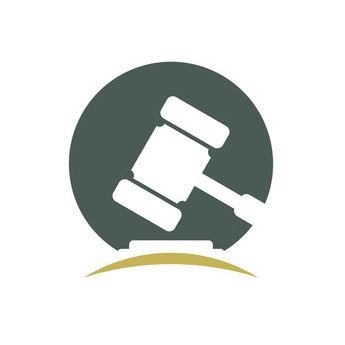Best Criminal Litigation Lawyers in Guatemala
Share your needs with us, get contacted by law firms.
Free. Takes 2 min.
Or refine your search by selecting a city:
List of the best lawyers in Guatemala
About Criminal Litigation Law in Guatemala
Criminal litigation in Guatemala involves the legal process where individuals accused of committing crimes are tried before the judicial system. The goal is to prosecute alleged offenders and ensure justice is served, all while complying with Guatemala's legal codes and principles. The country's legal system is based on civil law traditions, which heavily rely on written statutes. The process is managed by both public prosecutors and defense attorneys, with the judiciary playing a crucial role in overseeing trials, delivering judgments, and ensuring due process is adhered to.
Why You May Need a Lawyer
Criminal litigation can be complex and daunting. You may need a lawyer if you find yourself entangled in any of the following situations:
- If you are accused of a crime and need representation to ensure a fair trial.
- If you are a victim seeking justice against someone who has committed a crime against you.
- If you have been arrested and require immediate legal assistance at a police station.
- If you seek advice on your rights and legal standing concerning criminal charges.
- If you aim to appeal a court judgment you believe to be erroneous or unjust.
Local Laws Overview
Guatemala's criminal law is primarily governed by the Penal Code and various statutes that outline specific criminal violations and the judicial processes involved. Key aspects include:
- The presumption of innocence until proven guilty.
- Rights to legal representation and a fair trial.
- The classification of offenses based on severity, such as felonies and misdemeanors.
- Procedures for evidence collection and admissibility in court.
- Sentencing guidelines and the range of penalties, which can include fines, community service, or imprisonment.
Frequently Asked Questions
What should I do if I am arrested in Guatemala?
If arrested, exercise your right to remain silent and request legal representation immediately. Avoid signing any documents until your lawyer is present.
What is the role of a public prosecutor in Guatemala?
A public prosecutor represents the state's interests in criminal cases, responsible for investigating crimes and presenting evidence in court.
Can a non-citizen get legal aid in Guatemala?
Yes, non-citizens have similar rights to legal assistance as citizens. It's crucial to contact a lawyer familiar with cases involving foreigners.
How long does a typical criminal case take in Guatemala?
The duration varies based on complexity, ranging from several months to several years for more intricate cases.
What are my rights if I'm accused of a crime?
Rights include the presumption of innocence, the right to a defense attorney, the right to a fair trial, and the right to appeal.
Can I access legal aid if I can't afford a lawyer?
Yes, government legal aid services are available for individuals who cannot afford private legal assistance.
How can I appeal a criminal conviction in Guatemala?
Appeals must be lodged within specific timeframes post-judgment, usually through a higher court, with the assistance of a lawyer.
What is the penalty for refusing to comply with court orders?
Non-compliance can result in additional legal penalties, including fines or imprisonment, depending on the gravity of the order.
Are there alternative resolutions to criminal litigation?
Yes, some cases may be resolved through mediation or plea bargaining, depending on the offense and circumstances.
What happens if I miss a court date?
Missing a court date can lead to a warrant for your arrest and potentially more severe legal consequences; it’s critical to inform your lawyer immediately.
Additional Resources
For further assistance, consider reaching out to the following resources:
- The Public Ministry (Ministerio Público) for prosecution-related inquiries.
- The Judicial Organism (Organismo Judicial) for court-related information.
- The Guatemalan Bar Association for a list of licensed criminal lawyers.
- National Institute for Public Defense for those seeking government-provided legal aid.
Next Steps
If you require legal assistance in criminal litigation, start by assessing your situation and gathering any documents relevant to your case. Contact a qualified lawyer in Guatemala who specializes in criminal law and can provide you with tailored advice. Make sure to document every interaction and follow your lawyer's guidance closely to ensure the best possible outcome.
Lawzana helps you find the best lawyers and law firms in Guatemala through a curated and pre-screened list of qualified legal professionals. Our platform offers rankings and detailed profiles of attorneys and law firms, allowing you to compare based on practice areas, including Criminal Litigation, experience, and client feedback.
Each profile includes a description of the firm's areas of practice, client reviews, team members and partners, year of establishment, spoken languages, office locations, contact information, social media presence, and any published articles or resources. Most firms on our platform speak English and are experienced in both local and international legal matters.
Get a quote from top-rated law firms in Guatemala — quickly, securely, and without unnecessary hassle.
Disclaimer:
The information provided on this page is for general informational purposes only and does not constitute legal advice. While we strive to ensure the accuracy and relevance of the content, legal information may change over time, and interpretations of the law can vary. You should always consult with a qualified legal professional for advice specific to your situation.
We disclaim all liability for actions taken or not taken based on the content of this page. If you believe any information is incorrect or outdated, please contact us, and we will review and update it where appropriate.
Browse criminal litigation law firms by city in Guatemala
Refine your search by selecting a city.











